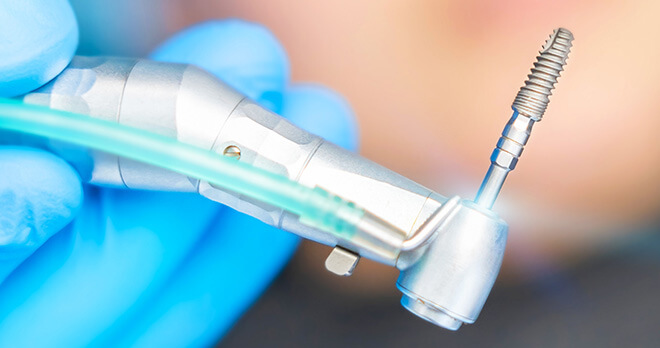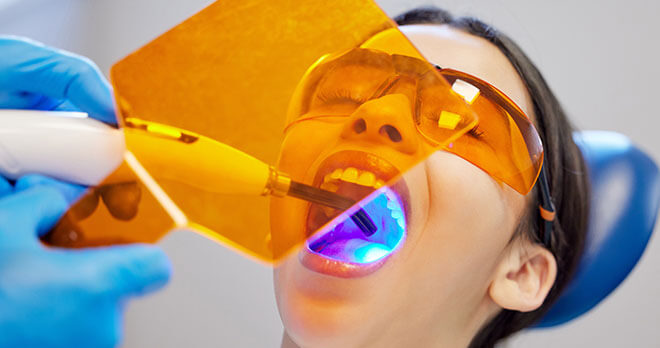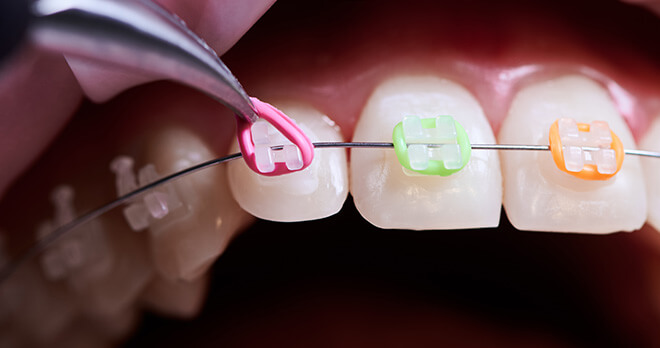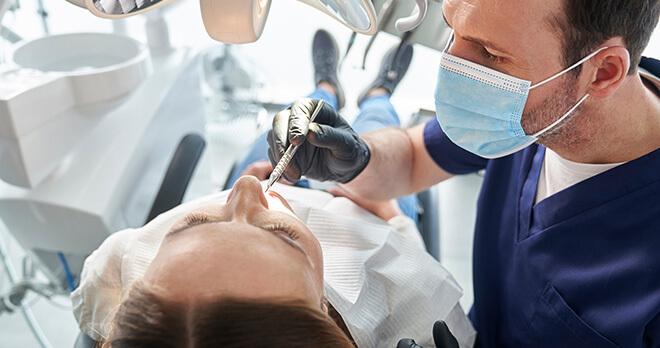Compensation for negligent orthodontic treatment.
If you have experienced dental injury in relation to orthodontics, we may be able to help you with a claim for compensation.
Have you experienced negligent orthodontic treatment?
Orthodontic treatment should improve the appearance of your teeth. But when this wrong the results can be upsetting and expensive.
You may have experienced negligent orthodontic treatment, or not been referred for treatment when you should have been. When this happens, it can be both painful and psychologically harmful. Whatever your situation, if you have experienced dental injury in relation to orthodontics, we may be able to help you with a claim for compensation.
If it is clear to you that the orthodontic treatment has caused your teeth to move into a position you didn’t expect, and which may be detrimental, this may indicate that your orthodontic treatment has not been managed correctly. Whilst the majority of orthodontic treatment provides good aesthetic and functional outcome to the patient, sometimes treatment can go wrong and be classified as negligent. If you have undergone negligent orthodontics, you may have experienced some of the following issues:
-
Misaligned teeth
Malocclusion of the teeth is a misalignment problem that can lead to serious oral health complications. There are lots of things that can go wrong when considering malocclusion, so fine adjustments need to be made to ensure that the teeth are still able to function.
When issues concerning malocclusion occur alongside orthodontic treatment, it is possible that something has gone wrong.
-
Gum problems
When orthodontic appliances bond to teeth, they become harder to clean. Quite often, despite tooth brushing, food debris is left on or around the orthodontic appliance that can cause gingivitis.
It is important that you get the right oral hygiene advice from your dentist during orthodontic treatment. Regular appointments with the hygienist may be recommended to help remove any plaque that may have built up on your teeth. If gingivitis is not treated, the surrounding tissues and bone that support teeth can be affected. This is known as periodontal disease.
-
Root resorption
Root resorption is one of the leading problems arising from orthodontic treatment.
Root resorption can lead to the breakdown of the structure of teeth, and can cause, for example, root shortening eventually. This can be dangerous and ultimately leads to teeth becoming mobile (essentially, being able to move them in your mouth) and requiring extraction. Root resorption can occur during orthodontic treatment, as often there is added pressure onto the root surface of the tooth from the orthodontic appliance itself. Given the potential consequences of root resorption, it is important that your dentist monitors the length of your roots by taking regular radiographs.
-
Orthodontics have taken longer than expected
Given the various treatment options available, with each patient having unique treatment needs, there is no simple answer as to how long orthodontic treatment will take. However, this should always be an important consideration for any dentist when compiling a treatment plan and they should inform you of how long the treatment will take before any orthodontic treatment starts.
It can be dangerous to have braces fitted for a long time as it can put unnecessary forces onto your teeth and lead to complications. Therefore it is important that, if orthodontic treatment is taking longer than predicted, your dentist helps you understand why and that they are assessing your risk of complications.
-
Failure to be referred for NHS orthodontic treatment as a child
We have acted for numerous clients where there was a failure to refer them to an orthodontist to see whether they should receive orthodontic treatment.
In each of these cases, we were able to say (with medical evidence), that a referral to an orthodontist should have happened when they were under the age of 18 and given the orthodontic condition of their teeth, they would have qualified for free NHS treatment. As a result of the failure to refer our clients to an orthodontist, they now have to pay privately for costly orthodontic treatment, as it is no longer free to them on the NHS.
- No-win no-fee legal funding.
- Compensation for pain and suffering.
- Payment for future treatment costs.
- SRA regulated & quality assured.
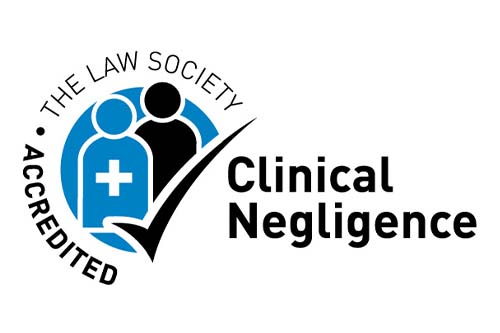
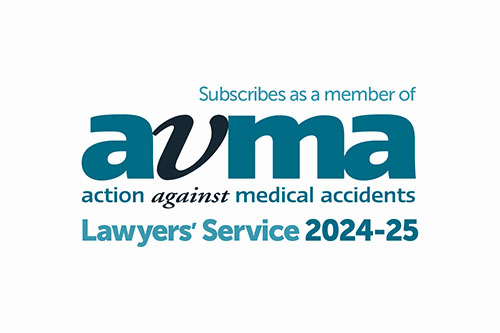
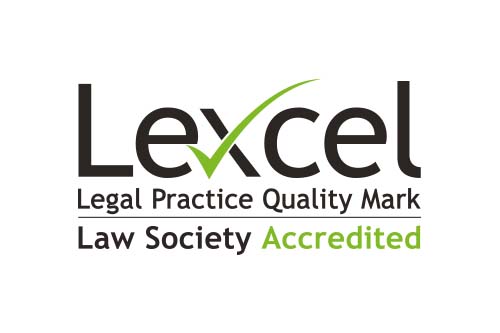
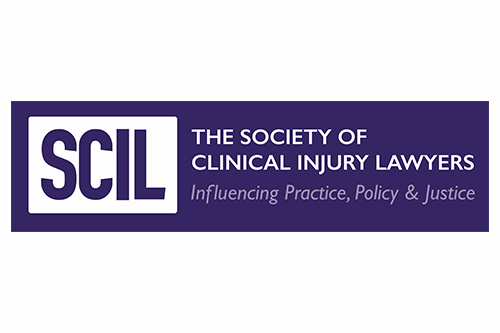
Speak to the team to understand more about you potential compensation claim for dental negligence. You can call us or simply drop us a message and we will get back to you.
Call the team

Success stories
Read about some of our biggest successful claims for dental negligence.
Dental negligence can have a long last effect on your health, confidence, and well-being. When we work for you we make sure you not only get the compensation you need to recover costs and pay for any future care, but also get the answers you deserve.
Read about about our different many success stories and see for yourself how we have helped many people just like you to get compensation for negligent dental care.
How much compensation might you receive? How is it calculated?
Any compensation you receive will vary depending on what injury you sustain. For example, if you require an extraction of one of your teeth resulting from substandard crown or bridgework, you will receive more compensation than if you suffer a period of pain as a result of negligence.
Compensation received following a successful claim for dental negligence will be comprised of:
-
an award for pain and suffering
this will compensate you for any pain you have endured, and also things like inconvenience, social effects (such as embarrassment) and any changes in your eating or sleeping habits.
-
an award for future treatment costs
for example, if you require an implant and an implant retained crown, or Cognitive Behavioural Therapy as a result of a psychiatric injury sustained due to negligence. We will also take into account the future maintenance costs for any treatment you may require, including future specialist appointments.
-
past loss
this may include past prescription costs, travel or dental treatment. For instance, if you had to repeatedly to travel to a specialist appointment as a result of dental negligence, the cost of this will likely be recoverable.
How long will it take to make a claim?
As a general rule, dental negligence cases would usually conclude between 18-24 months from the first time you contact us. However, each case is different, and this may vary depending on the complexity and specific facts. The important thing is that you speak to us as soon as possible so we can begin investigating your claim.
Can you sue a retired dentist?
You can sue a retired dentist, as long as your claim is not statute barred. By law, all dentists must be registered with the General Dental Council (GDC), and must have appropriate indemnity and insurance arrangements in place; this allows patients to seek any compensation they may be entitled to.
Therefore, even after a dentist retires they will still be responsible for the treatment which was carried out when they were practising as a dentist.
How long do you have to make a claim?
You have three years to bring a claim of dental negligence, from the date of negligence or knowledge of it, under the laws concerning ‘limitation’ in England and Wales. These laws state that a Claimant must issue court proceedings within this time period, or else their claim would be statute barred.
Generally, we would advise you to contact us at least 6 months before the limitation period in your case is due to end. However, this can be reviewed on a case by case basis; if you believe that your limitation period may expire soon, we encourage you to contact us as soon as possible.
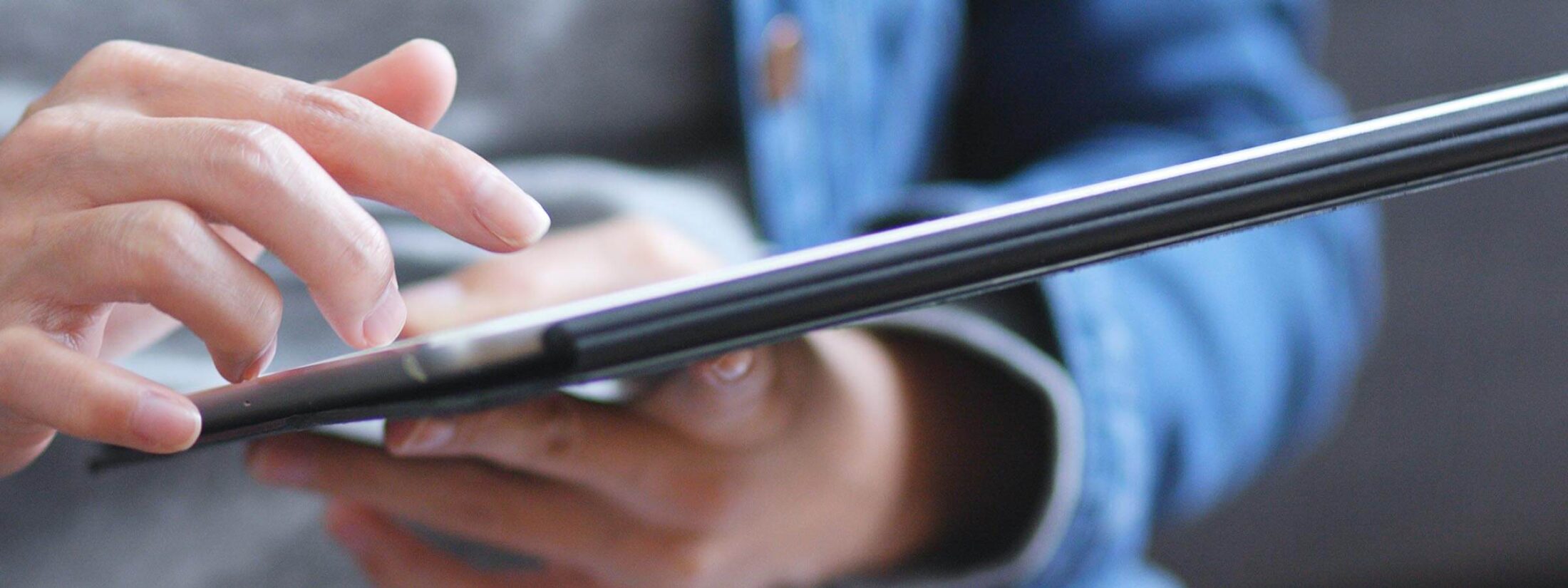

Speak to the team to understand more about you potential compensation claim for dental negligence. You can call us or simply drop us a message and we will get back to you.
Call the team
You can call the team on 0800 923 2080 or message them to understand more about you potential compensation claim for dental negligence. We will get back to you at a time that is convenient to you.










